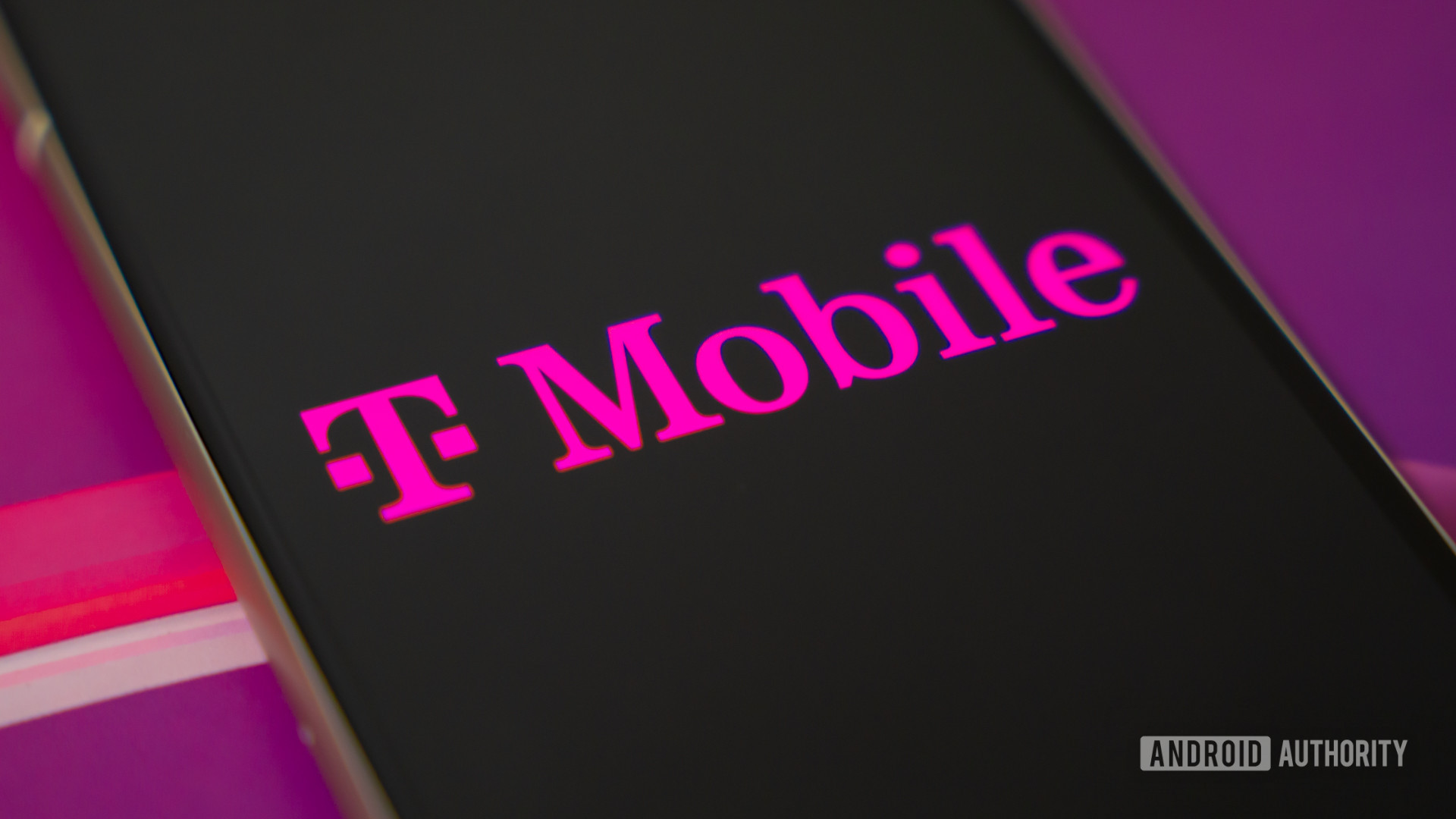Affiliate links on Android Authority may earn us a commission. Learn more.
The FCC just approved a plan to bring cell service to every corner of America
Published onNovember 26, 2024

- The FCC has officially approved a license for SpaceX and T-Mobile to offer satellite-to-phone service.
- This would allow T-Mobile to offer cellular connectivity directly through Starlink satellites.
- The partnership aims to provide coverage in remote areas and eliminate cellular dead zones across the US.
In a landmark decision, the Federal Communications Commission (FCC) has granted SpaceX and T-Mobile a license to offer satellite-based mobile connectivity directly to smartphones. The two companies have been working in partnership with an aim to eradicate cellular dead zones across the United States by leveraging SpaceX’s Starlink satellite network. (h/t: Reuters)
This development comes on the heels of a temporary approval granted to T-Mobile and SpaceX in October, which allowed them to offer satellite-based features to affected areas in North Carolina following Hurricane Helene. The temporary approval provided a preview of what’s to come with the expanded satellite coverage.
Instead of relying on traditional cell towers, T-Mobile will now be able to tap into SpaceX’s Starlink satellites to provide cellular service directly to smartphones. This marks a significant shift in how the FCC approaches wireless communication, as it’s the first time a satellite operator has been allowed to work with a wireless carrier in this way, using specific spectrum bands originally intended for ground-based networks.
The move is expected to have a significant impact on the coverage of rural and isolated areas, with T-Mobile noting that over 500,000 square miles of US land are currently unreachable by traditional networks due to terrain and other limitations. SpaceX’s direct-to-cell technology aims to bridge that gap, providing coverage where it’s otherwise unavailable.
However, not everyone is on board with the plan. AT&T and Verizon have previously voiced concerns that SpaceX’s satellite technology could interfere with their existing networks, especially with the proposed increase in power levels for satellite transmissions.
Despite these objections, the FCC has given the green light to the SpaceX and T-Mobile partnership, highlighting the critical need to expand mobile coverage to underserved areas. FCC Chair Jessica Rosenworcel emphasized the agency’s commitment to fostering innovation and competition in the space sector, stating that by supporting such collaborations, the FCC is working toward a future where mobile dead zones are a thing of the past.